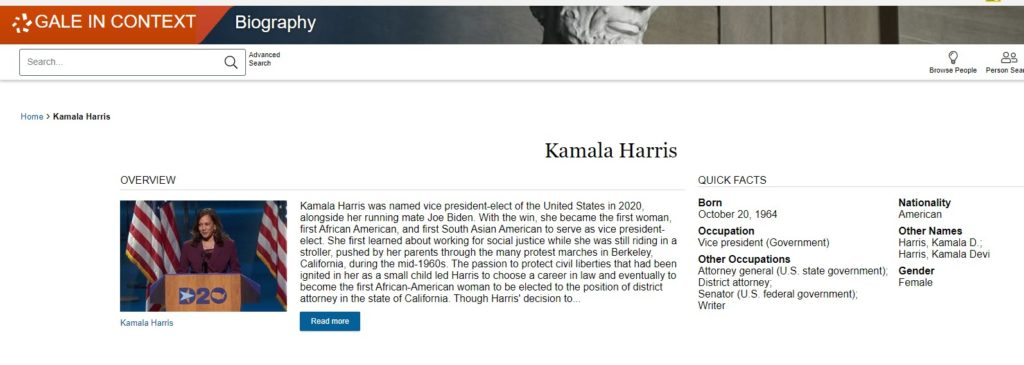| By Shirelle Phelps |
This February marks the 45th anniversary of Black History Month, celebrating the many accomplishments and achievements of Black Americans. In 1915, historian Carter G. Woodson was saddened by the underrepresentation of Black Americans in university history classes, which often were relegated to only teaching about enslaved people. Along with Jesse E. Moorland, he founded the Association for the Study of Negro Life and History, now known as the Association for the Study of African American Life and History (ASALH). The organization was formed to motivate and promote the inclusion of Black Americans in historical textbooks and discussion.
In 1926, Woodson and ASALH proposed the second week of February be declared Negro History Week, to coincide with the birthdates of Frederick Douglass and Abraham Lincoln. The goal was to disseminate information about Black life, culture, and history to the world. Fifty years later, during the United States’ 1976 bicentennial, then-President Gerald Ford recognized Black History Month as a nationally celebrated event to be observed every February. Hence, Black History Month was born.
As a proud Black American, I believe that discussions surrounding Black history and culture should be highlighted the entire year, rather than a single month. Throughout my K‒12 classroom experience, I was fortunate to learn about the rich history of Black Americans, both well-known achievers and hidden gems, regularly, as my teachers often instructed their classes to write essays and complete assignments related to lesser-known Black historical leaders all year long. Although I never diminished the outstanding achievements of Martin Luther King Jr., Rosa Parks, Maya Angelou, or Madame C. J. Walker, among others, I was always excited to expand my knowledge about other great Black leaders, such as Rebecca Lee Crumpler, the first Black female doctor in the United States; Ruby Bridges, the six-year-old who became the first Black student to attend William Frantz Elementary in Louisiana at the height of desegregation; and Daniel H. “Chappie” James Jr., the first Black four-star general in the United States Air Force.
Today, as I celebrate the accomplishments of contemporary Black leaders, like Kamala Harris, Amanda Gorman, and Raphael Warnock, I am proud to witness, firsthand, history in the making—as these leaders will, in time, be historical figures for the next generations to laud.

Introduce your students to Black leaders who made history, and uncover the truth behind their stories by visiting their topic pages in Gale In Context: Biography. You can download social media posts and other marketing materials.
To expand support for Black History Month even further, check out these eBook titles, available on the award-winning Gale eBooks platform.

Meet the Author
Shirelle Phelps is a director of Content Strategy and Development for Gale products that highlight biographies, film, law, automotive (Chilton), science, and health content. She enjoys vacationing in the West with her family and taking bike riding adventures with her husband.

